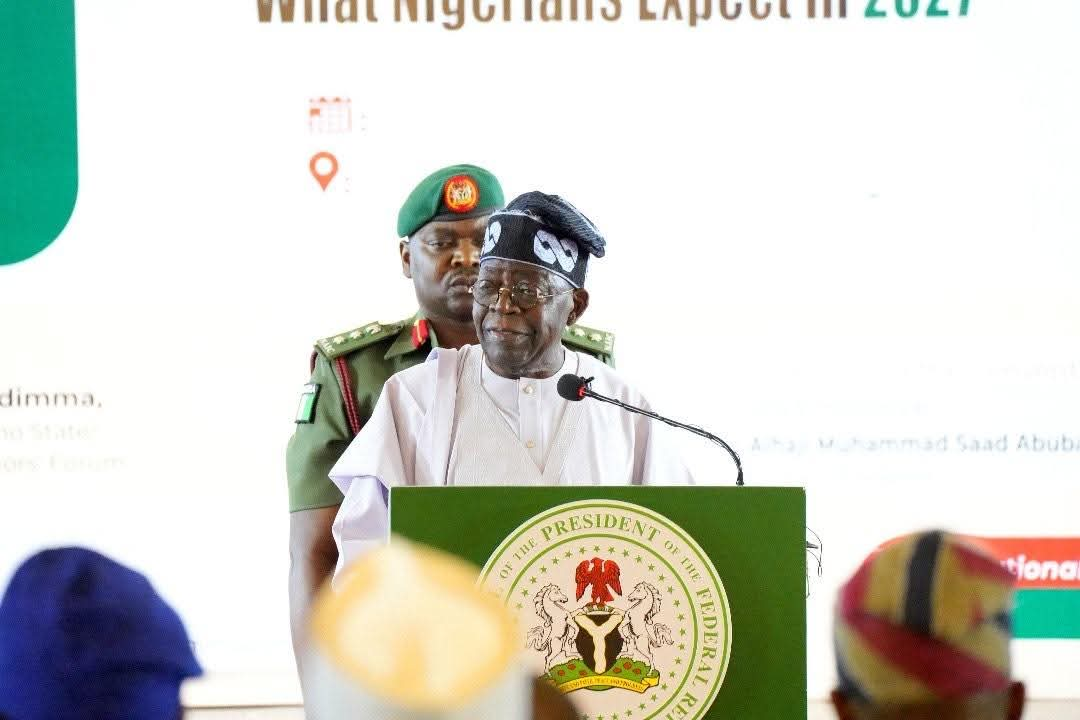By Zion Rufus
Advertising and marketing industry leaders have sparked outrage as several governments around the world have pushed for the censoring and/or regulation of social media in a bid to combat disinformation and violence. Collectively, government bodies have accused social media platforms like Facebook and Twitter of allowing people to use the platforms to incite violence and promote discrimination.
Countries like Uganda and Nigeria have pushed for the regulation of social media; China’s Great Firewall— the Chinese government’s internet censorship project has ensured that platforms like Facebook, Twitter, YouTube and other leading international social media players, are all blocked in the country.
Traditional forms of media such as print, radio, television; and social media platforms like Facebook, Twitter, and YouTube have been used to promote political ad campaigns. Political campaigns have increasingly shifted funding to digital platforms to promote their messages and to influence the voting power of the masses. In the concluded US presidential elections, ad spend was estimated to be $6.7 billion.
Political ads are specifically aimed at advocating for or opposing a political candidate. For instance, Trump maintains that the social media contributed greatly to the alleged “falsified” election results. This has prompted many to call out for greater transparency in digital political advertising.
Twitter CEO Jack Dorsey wrote: “We need more forward-looking political ad regulation. Ad transparency requirements are progress, but not enough. The internet provides entirely new capabilities, and regulators need to think past the present day to ensure a level playing field.”
The biggest flaw of digital political advertising is micro targeting, which uses predictive market segmentation to transmit a tailored message to a subgroup based on selected criteria. The first step to achieving transparency is to make the sender and targeted recipient transparent; making evident the identity and location of the person or entity who purchased the ad is critical, as well as the intended target population, be it based on assumptions of political affiliation and personality type, or on demographics such as geolocation, race, age and gender.
Facebook CEO Mark Zuckerberg believes, “We should be proactive and write policies that help free expression triumph around the world”, regulation can play a crucial force to mitigate the threats of disinformation.
While debating the most effective approach towards halting the adverse impact of political advertising on citizens will continue, greater transparency on platforms is a step in the right direction that will hopefully lead to a more informed, united and inclusive online society.






Comment
No comments found.